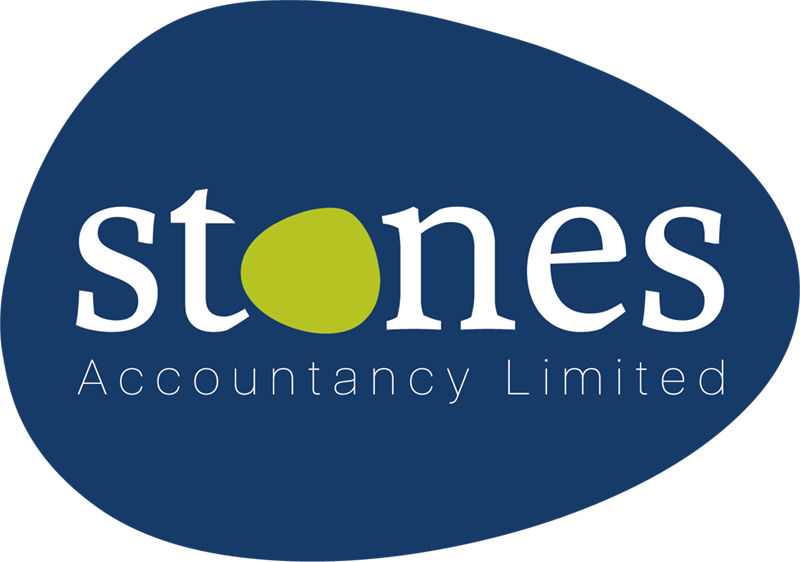Peter, Director of Stones Accountancy, qualified as a Chartered Accountant back in 1989 in Bromley. However, his journey has not only been marked by technological advancements but also by significant shifts in tax legislation.

In the 80s, tax technology was restricted to enormous computers hidden away in secret buildings processing transactions for major banks or were “home” computers like the ZX81 or Amstrad.
‘When I started my journey,’ says Peter, ‘the closest to technology I got was an electric desk calculator. In fact, one of the senior team members was still using a mechanical adding machine which was made up of a number keypad, lever and tin roll.’ Thankfully, for all accountants and their clients, this is not the case any more – and the government’s changes to legislation are proof of that.
In 2017, legislation relating to VAT and Income Tax provided a broad framework for Making Tax Digital – an initiative designed to make it easier for individuals and businesses to pay the correct tax amount, and integrate tax management with a range of business processes through software.
In April of last year (2022), revised secondary legislation came into effect, requiring businesses with a taxable turnover above the VAT threshold to meet the new digital requirements, and there are plans to further develop this scheme all the way into 2027 to include property income.
Tax apps

This means submitting your VAT returns now requires compatible software. We at Stones recommend:
QuickBooks
Certainly the most popular with individuals or smaller businesses new to organising their accounts, QuickBooks automates bookkeeping so you can manage your business finances efficiently. It also allows you to track your expenses, income, inventory, payroll and more.
Xero
Xero is another popular cloud-based software solution, praised for its versatility. With a highly rated user interface and ease of use, it was voted a ‘Top Performer’ in 2021 by Capterra. Xero connects businesses with their bank, payment services, accountant and over 700 third-party apps allowing you to tailor your experience to suit your business.
Sage
Sage’s software allows you to create and manage invoices, track payments and receivables to maintain a steady cash flow and automates bank reconciliation to ensure your records are always accurate.
Freeagent
Freeagent has plenty of core accounting features and bank reconciliation, but it’s also mobile-accessible and integrates with other apps – making it a strong choice for those who run their businesses on the move.
Kashflow
Kashflow is designed to save you time, help you with organisation and give you insights into your financial position. It’s software without the complicated jargon or confusing processes.
To learn more about these apps or how we implement them, contact us here. It’s always a good idea to get a qualified eye to check your tax returns before you submit them, but these apps are invaluable to our clients and allow for a quicker turnaround on completed work when used correctly.
Could you handle digital tax yourself?
In the past, we’ve corrected mistakes for our clients which could have been costly because the organisation of the apps hasnt made it clear where they’ve got something wrong. Penalties can arise when submitting incorrect information, and that in turn increases the risk of an HMRC investigation into the finances of your business. These digital tax apps also allow us to help educate our clients to stop those errors from arising again.
Moving forward, MTD is going to be particularly difficult for property owners as they will have very short deadlines to report the gains when they sell a property, and will soon have to start reporting their rents quarterly rather than annually. We are keen to talk to those with Buy to Let mortgages and small business property developers so we can help you get organised in preparation for when these additional changes become compulsory.
You can contact us here to ask any questions or to follow up on any of the Tax Digital information we’ve discussed in this blog.

